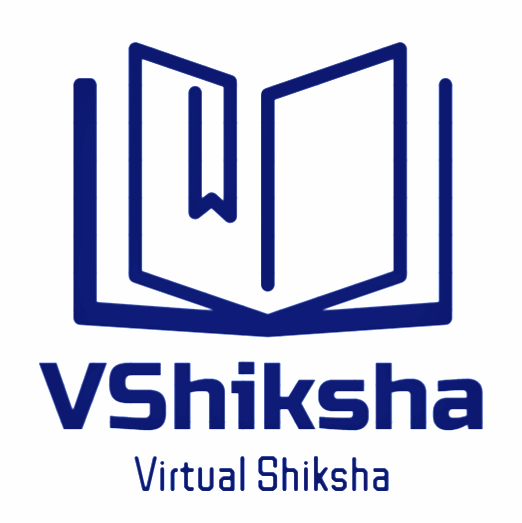Provisions for Inclusive education in NEP 2020
Rights of persons with disabilities (RPWD) act 2016 defines inclusive education as:
System of education wherein students with and without disabilities learn together and the system of teaching and learning is suitably adapted to meet the learning needs of different types of students with disabilities.
National policy on education 2020 includes not only physical disabilities but also other parameters. The term used in this policy is “Socio-Economically Disadvantaged Groups (SEDGs)”. This policy reaffirms about bridging the social category gaps in access, participation and learning outcomes in school education. These SEDGs include the following:
1) Gender identities (Females and Transgenders)
2) Socio-cultural identities (SCs, STs, OBCs and Minorities)
3) Geographical identities (Villages, small towns)
4) Disabilities (Learning disabilities)
5) Socio-economic conditions (Migrants, low-income households, victims of trafficking, urban poor etc.)
Recommendations of NEP regarding SEDGs
- Enabling mechanisms for providing education to children with special needs (CWSN)
- Regions of the country with large population from educationally disadvantaged SEDGs should be declared SEZs (Special Education Zones)
- Government of India will constitute a “Gender Inclusion Fund” to build nation’s capacity to provide equitable quality education to all girls and transgenders.
- Kasturba Gandhi Balika Vidyalayas will be strengthened and expanded.
- More Jawahar Navodaya Vidyalayas and Kendriya Vidyalayas will be built.
- NIOS will develop high quality modules to teach Indian sign language and to teach other basic subjects using this.
- Resource centres in conjunction with special educators will support the rehabilitation and educational needs of learners with severe or multiple disabilities.
- Specific actions will include the use of appropriate technology allowing and enabling children to work at their own pace.
- New national assessment centre, PARAKH (Performance Assessment Review and Analysis of Knowledge for Holistic education) will formulate guidelines and recommend appropriate tools for conducting such assessment.
- Alternate forms forms of schools will be encouraged to to preserve their tradition or alternative pedagogical styles.
- Bridge courses, financial assistance through fee waiver and scholarships will be offered to talented and meritorious students from all SEDGs on a large scale especially at the secondary stage.
- Last, but not the least, sensitization is more important than policy formulation, teachers, principal, staff all have to be sensitized towards needs of such children.
